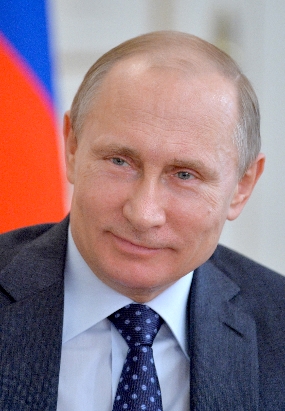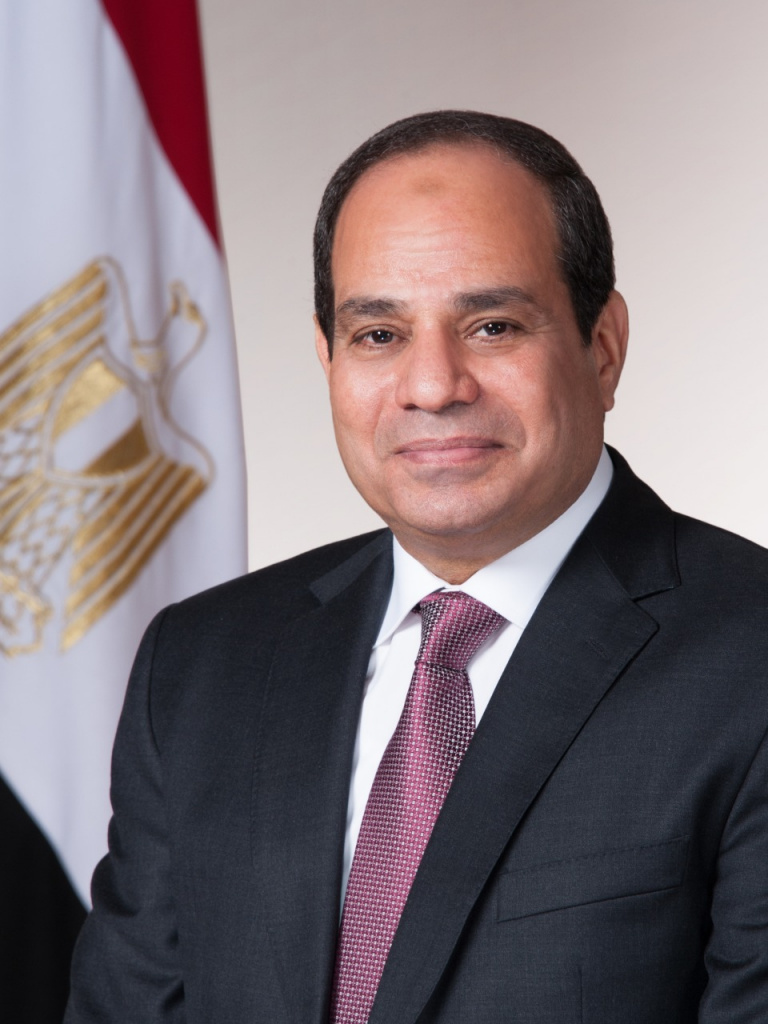Roscongress Foundation Publishes Reports on the Impact of the Pandemic on the African Economy

On the Roscongress Foundation portal ‘Anticrisis Plan. Global Best Practices’ and in the ROSCONGRESS.ORG Information and Analytical System a report has been posted on the impact of the COVID-19 coronavirus pandemic on the economies of African countries.
A review of studies conducted by McKinsey and the World Bank examines the economic impact of the pandemic on African economies and possible scenarios for the development of the economic crisis.
The factors that are set to have the biggest impact on the African economy are disruptions in global supply chains, a decline in demand for a wide range of African exports, a delay or significant reduction in foreign direct investment, and a collapse in oil and other commodity prices.
McKinsey analysts modeled four scenarios of how the prevalence of COVID-19 will impact African economic growth. Even in the most optimistic scenario, GDP growth in Africa will drop to 0.4% in 2020, and this scenario looks less likely every day. In all other scenarios, analysts predict that in 2020 Africa will experience an economic downturn, with GDP growth declining by 5-8 percentage points. Experts from the World Bank share the pessimism of their colleagues and predict that the continent will experience its first recession in 25 years.
The studies also provided proposed anti-crisis measures that African countries are recommended to pay priority attention to.
During the webinar ‘African Industrial Capacity Towards Critical Pharmaceutical and Medical Supplies’, organized in April by the African Union Development Agency AUDA-NEPAD, issues were discussed related to stimulating local production and distributing essential medical supplies. The outbreak of the coronavirus pandemic has demonstrated that local production does not have the capacity to meet the growing demand for medicines. At the same time, the current crisis presents enormous opportunities for Africa in terms of revitalizing local producers, the participants in the webinar concluded.
During the meeting, recommendations were provided
to combat the spread and subsequent negative effects of the coronavirus
infection, including the search for new mechanisms for financing producers,
building an innovative supply chain and strengthening the potential of local
production via state policy focused on the use of local goods.


